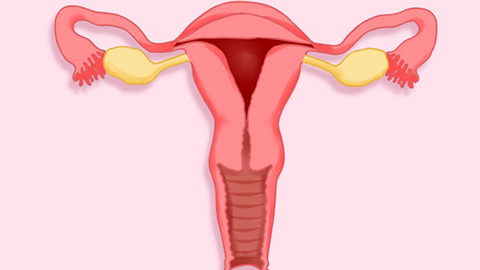What are the effects of a thin endometrium?
In general, thin endometrium can have various impacts on women's reproductive health and physiological functions, mainly including menstrual irregularities, difficulty in conception, increased pregnancy risks, hormonal imbalances, and heightened psychological stress. A detailed analysis is as follows:

1. Menstrual irregularities: A thin endometrium may lead to reduced menstrual flow, and even oligomenorrhea or amenorrhea. This is because the endometrium is the primary source of menstruation; when it is too thin, the formation and discharge of menstrual blood may be affected. The menstrual cycle may also become irregular, causing inconvenience in a woman's daily life.
2. Difficulty in conception: The endometrium provides the essential environment for embryo implantation. If the endometrium is too thin, it may hinder successful implantation of the embryo, thereby reducing the chances of successful pregnancy. Even if the fertilized egg does implant, insufficient endometrial nourishment may affect embryonic development, increasing the risk of early miscarriage.
3. Increased pregnancy risks: For women who are already pregnant, a thin endometrium may fail to provide sufficient nourishment and support for the embryo, increasing the likelihood of complications such as embryonic arrest and preterm birth. Additionally, a thin endometrium may cause bleeding during pregnancy, increasing the risk of pregnancy-related complications and posing threats to both maternal and fetal health.
4. Hormonal imbalances: Endometrial thickness is closely related to a woman's hormonal levels. A thin endometrium may indicate insufficient estrogen levels in the body, which can affect ovarian function and disrupt the balance of other endocrine systems. Such hormonal imbalances may also trigger other gynecological issues, such as facial melasma and dry skin.
5. Increased psychological stress: Menstrual irregularities and difficulties in conception can directly affect a woman's mental well-being. Prolonged exposure to these issues may lead to negative emotions such as anxiety and depression, affecting quality of life and potentially straining marital relationships and family harmony.
It is recommended that women maintain healthy lifestyle habits, eat a balanced diet, and ensure adequate nutrition, especially consuming foods rich in estrogen such as legumes and nuts. At the same time, they should avoid excessive fatigue and mental stress, and undergo regular gynecological examinations to detect and address related issues promptly.




